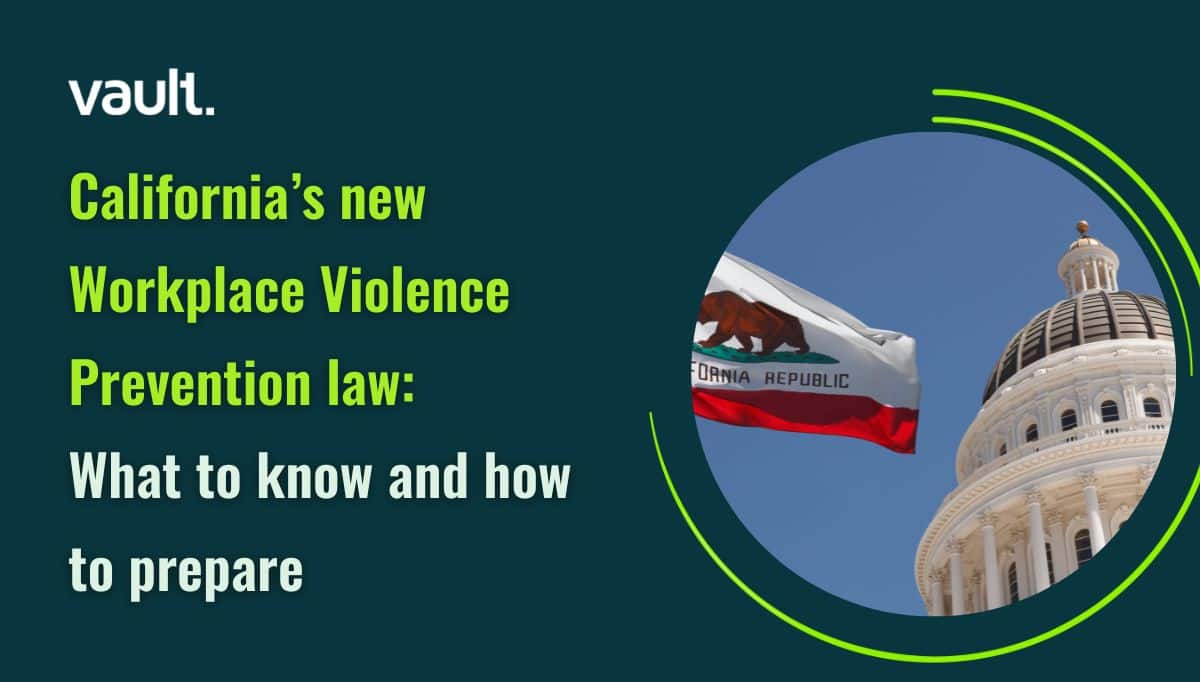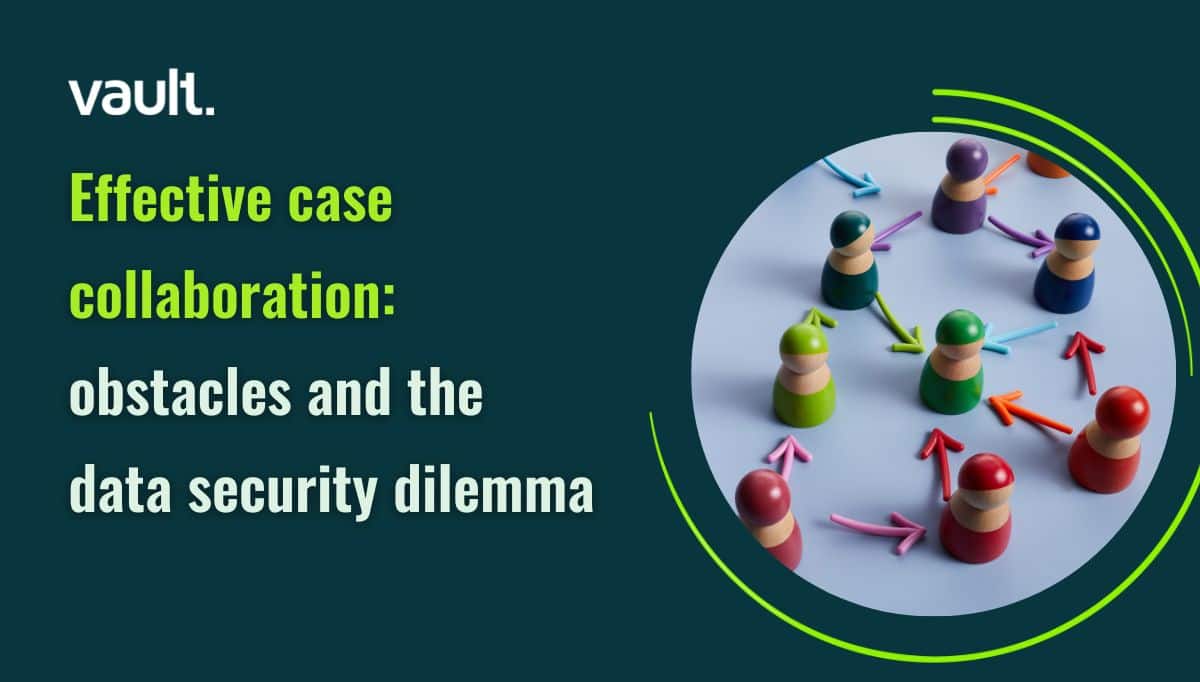Considering we spend most of our lives at work, it’s unsurprising that according to a recent survey by the Society for Human Resources Management, one in three employees is or has previously been in a romantic relationship with someone at work. #MeToo has drawn greater awareness of the grey areas that exist between workplace romances and unwanted attention in the workplace. Companies are increasingly vigilant when it comes to workplace romances, as recently demonstrated by the firing of McDonald’s CEO Steve Easterbrook following a consensual affair with a female colleague.
But is this a step too far? In the current climate workplaces should understand the implications of workplace relationships – so we’ve rounded them up:
- Are workplace romances actually legal? The short answer is yes. In the US, consensual workplace relationships / romances do not in and of themselves violate the Title VII of the Civil Rights Act of 1964 (the primary federal law governing sexual harassment in the workplace). Issues can arise however when the relationship involves supervisors or subordinates or if the relationship makes others within the organization feel uncomfortable.
- When do romantic encounters cross the line? According to the Equal Employment Opportunity Commission (EEOC), it is impossible to identify all types of behaviours that may constitute sexual harassment, but broadly speaking, “unwelcome sexual advances, requests for sexual favors, and other verbal or physical conduct of a sexual nature constitute sexual harassment when this conduct explicitly or implicitly affects an individual’s employment, unreasonably interferes with an individual’s work performance, or creates an intimidating, hostile, or offensive work environment.”
- How can employees protect themselves? In the current climate, one way around issues surrounding workplace romances would be to declare the relationship to HR. Other best practices are to ensure dynamics remain “professional” in the workplace and to be aware of how the relationship affects other team members and working relationships. Employees should practice hyper-vigilance in terms of getting consent before pursuing a relationship in the workplace.
The #MeToo and #TimesUp movements have created a seismic shift in how workplaces both view and deal with workplace romances. Employees should take a “romance responsibly” approach when it comes to dating a coworker and employers should ensure they’re creating an environment that makes it possible for employees to be open about their workplace relationships.
Vault was created to facilitate this Speak Up culture.
[simple-author-box]



